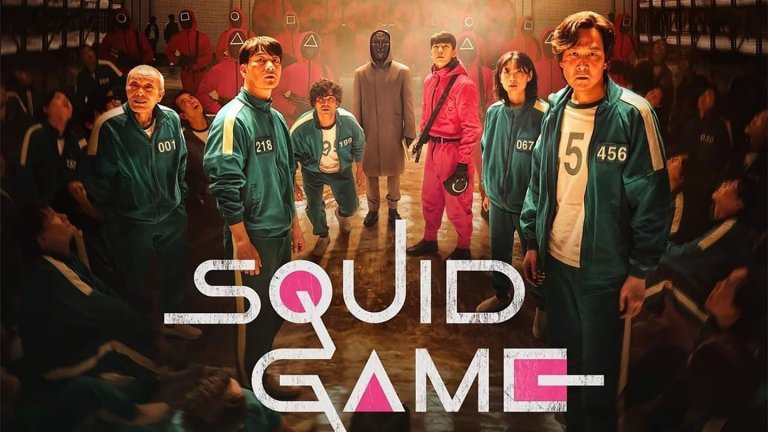Take All My Money Games Comic
 | |
| |
| Comments count:0

If you are wondering if Squid Game has a source material past its script, then you aren't alone. It's one of the search terms that trended after the Korean social horror hit Netflix last week, and it's not hard to understand why. In this era of peak content, a notable chunk of the stories that make it to our screens in the form of TV shows and movies are adaptations of some kind. When it comes to genre storytelling specifically, many of those adaptations have anime, comic book, or manga source material—one look no further than the Marvel Cinematic Universe as a chief example. So is Squid Game based on an already published story?
The short answer to this question is: no. Squid Game has no source material other than its stellar script. However, writer-director Hwang Dong-hyuk (previously best known for features like 2017 historical epic The Fortress ) has cited the initial inspiration for Squid Game as a comic book. According to Soompi, the creator has been working on the concept for Squid Game since 2008, when he read a comic book about a group of people who fell into a deadly game.
Hwang doesn't mention the comic book by name, but there are many to choose from. The "deadly competition" trope has been a popular one in both American stories, like Hunger Games , and East Asian narratives, like Battle Royale , for more than a decade—though you can trace the trope even further back than that. Some potential mangas Hwang could be referencing include Gantz , Di[e]ce , or Future Diary . Presumably, the inspiration was not Korean, as Hwang went on to say in that same Soompi article: "I wanted to make a survival drama that was the most Korean." It's that kind of cultural specificity that can take a well-worn trope like the deadly competition structure, and turn it into something new and relevant, like Squid Game .
Read more
It sounds like Hwang may have been inspired not just by one manga or comic, but by many. In speaking at an online press conference earlier this month (via Korea Herald), he said of that initial Squid Game inspiration: "After debuting with [2007 Korean film] My Father , I read a lot of comics and was mesmerized by survival games. With an attempt to create a Korean version, I started planning out the work in 2008 and finished the scenario in 2009. However, casting actors and getting investment were extremely difficult during these periods. The idea of a game winner who strikes it rich was unwelcomed. The brutality and cruelty of the games were of concern. I had to put the scenario on the shelf."
Perhaps this was a good thing, as the format—a nine-part Netflix series that could be viewed by people around the world—was not in existence in 2009. When Hwang began to shop his script around in recent years, he said that many people were interested, which led him to expand the concept into a Netflix series.
Our stories have always been derivative—it's not a bug, but a feature. It's how culture works: as an evolving conversation in which the best stories aren't just questions for us to discuss, but also answers to what has come before. Squid Game 's success isn't in the originality of its premise, but in its precise execution of its vision.
Take All My Money Games Comic
Source: https://www.denofgeek.com/tv/squid-game-inspiration-anime-comic-manga/
Posted by: sparksoung1974.blogspot.com

0 Response to "Take All My Money Games Comic"
Post a Comment